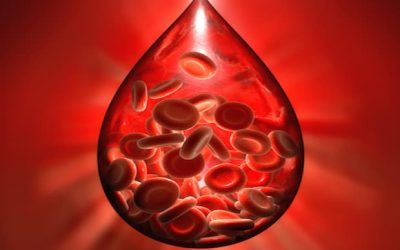The MS Society and Parkinson’s UK are set to pump £3 million into a new UK ‘digital brain bank’, Europe’s largest brain and tissue bank, based in London.
The funds from the charities will enable an all-new digital brain bank, ambitious virtual reality initiative, and new research projects, which could help researchers finally stop multiple sclerosis (MS) and Parkinson’s for good.
The new digital brain bank, complete with virtual reality interface, will be based at the MS and Parkinson’s Tissue Bank at Imperial College London, and will enable scientists from around the world to access brains virtually, making research more effective and efficient.
The charities will continue to fund the existing infrastructure of the Tissue Bank, which is already the largest repository of MS and Parkinson’s brain and spinal cord tissue in Europe – which has shared over 100,000 samples with scientists since it opened 20 years ago, leading to more than 700 research projects worldwide.
Both charities will contribute £1,534,543 each over five years to various projects at the Tissue Bank, including work to help establish how a person’s genetic make-up influences how their MS or Parkinson’s develops.
“The MS Society Tissue Bank has been vital in improving our understanding of MS and finding treatments for some people with the condition,” explained MS Society head of biomedical research, Dr Sorrel Bickley. “But our top priority now is finding treatments to slow or stop MS for everyone.
“We can see a future where nobody needs to worry about MS getting worse, but for that to happen we urgently need to find treatments that repair myelin – the protective layer that surrounds our nerves, which is damaged in MS – stop inflammation in the brain, and protect nerves from damage. This funding will allow researchers to operate as effectively as possible, and ultimately help us stop MS faster.”
Over 100,000 people live with MS in the UK and and every hour, two people in the UK are told they have Parkinson’s.









